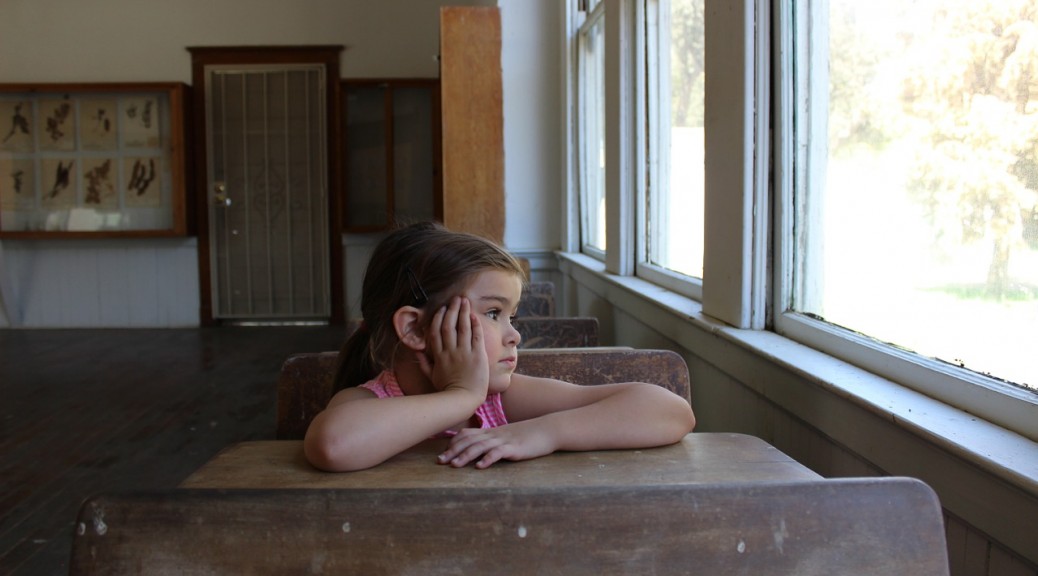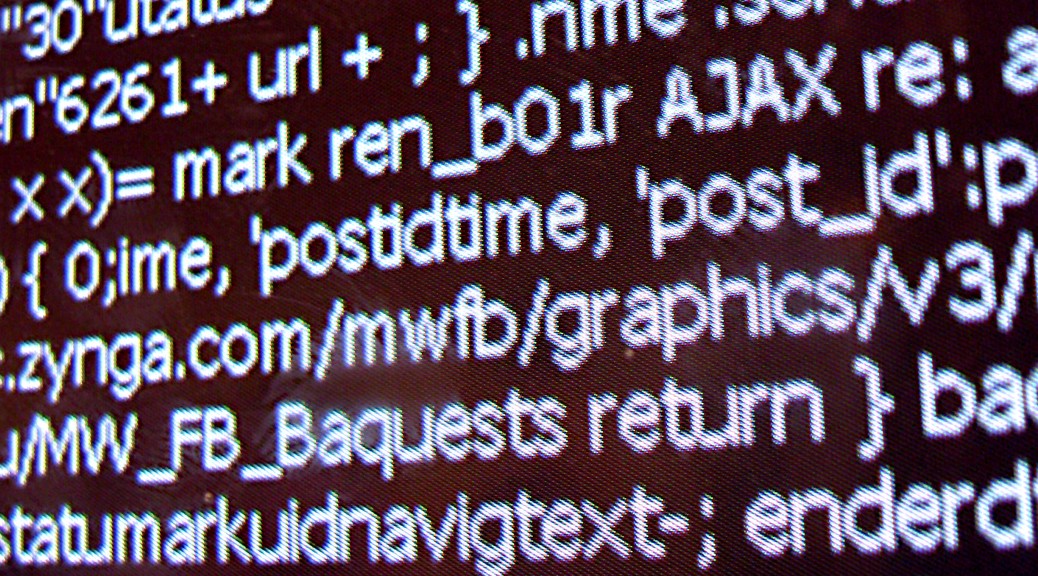Investing in coding would seem like common sense at this point. However, schools in all parts of the world who have the ability to make that investment are refusing to do so. Consider a recent article for Computer Weekly titled “One-third of schools admit to making no investment in coding training for teachers.”
Claire McDonald of Computer Weekly writes, “One-third of schools admit they have not invested any money in training teachers to deliver the new computing curriculum, according to research. Freedom of information (FOI) requests by enterprise software company MapR have revealed that the support teachers are receiving is inconsistent across the country, with some schools investing nothing in training and others investing more than £3,000. Paul Tarantino, director at MapR Technologies, said: ‘Last year the government pledged £3.5m on new curriculum training. But this information shows that it’s simply not being filtered down so that every young person has a trained teacher. It’s shocking to see such a huge discrepancy in what was said in the run-up to the election compared to what these promises have translated to on the ground.’ Of those asked, 22% were investing over £3,000 on training teachers to deliver the computer science curriculum, 33% spent between £500 and £1,000, while 11% spent between £100 and £500.”
To understand why making an investment in coding is so important, consider a recent article for Forbes titled “How The Coding Explosion Has Changed The Programmer Job Market.” Harsh Patel of Forbes writes, “In the past two decades, the landscape for computer science has changed. Part of this comes from a general increase in education availability: from traditional CS degrees to online learning and coding bootcamps like ours, nearly everyone has access to learn programming if they want to. The other part stems from the technology itself. In the 1990s, coding was based around singular purposes — enterprise applications, self-contained games and custom databases for corporations. In the 2000s, the rapid growth of always-on Internet connections and the emergence of smartphones added new layers of security, small phone-based apps, cloud-based interfaces and databases, and increasingly complex web environments. Now, software systems power everything from tablets to car systems to home appliances. As a result, the United States job market is undergoing a dramatic shift, such that by 2020 nearly one million coding jobs will be unfulfilled based on projections from the U.S. Bureau of Labor Statistics. With the field of computer science rapidly expanding, key traits for smart hiring in the field have changed from even just a few years ago.”
To prepare your child for this job climate where coders are in high demand, you need personalized coding education. At CodeRev Kids, we customize all of our lessons to fit your child’s expertise.
Our lessons emphasize computational thinking, which encompasses a wide range of programming concepts and languages. Students can choose from a variety of different tracks, including robotics, app making, and website development.
Although we are the most educational camp out there, we also keep the focus on having fun. As a result, your child is both engaged and receiving a top flight education at the same time.
If you’re looking to take your child’s coding skills to the next level, check out our afterschool programs and fall classes!









